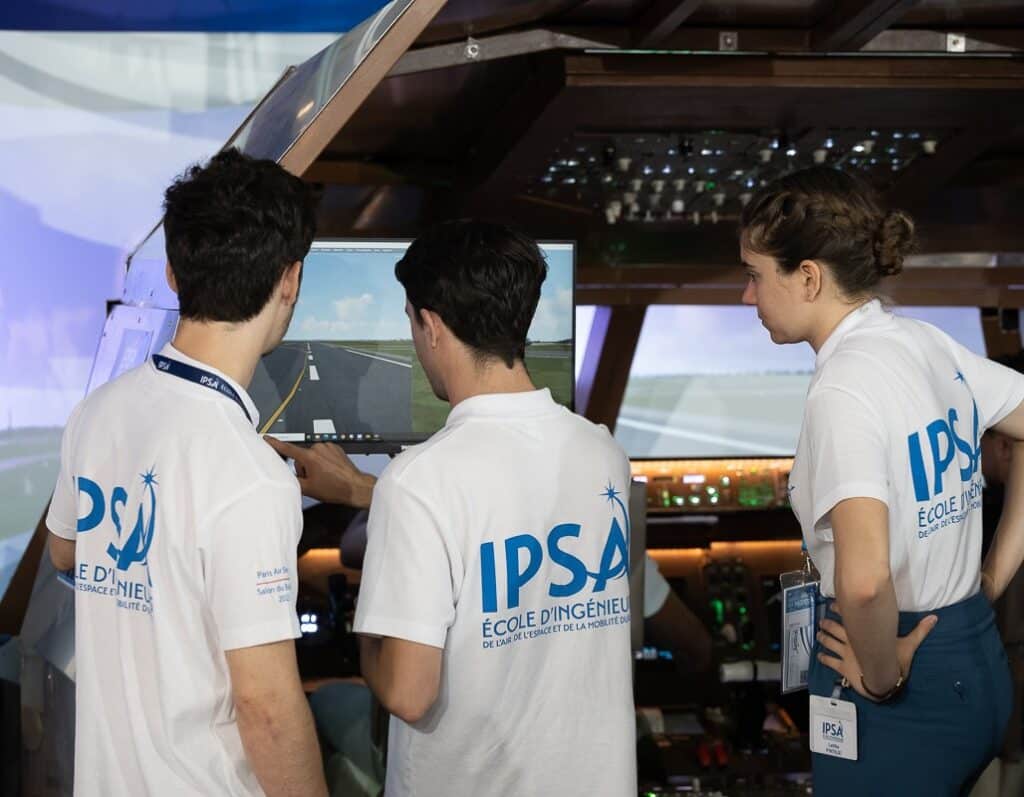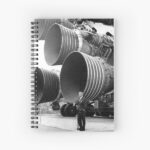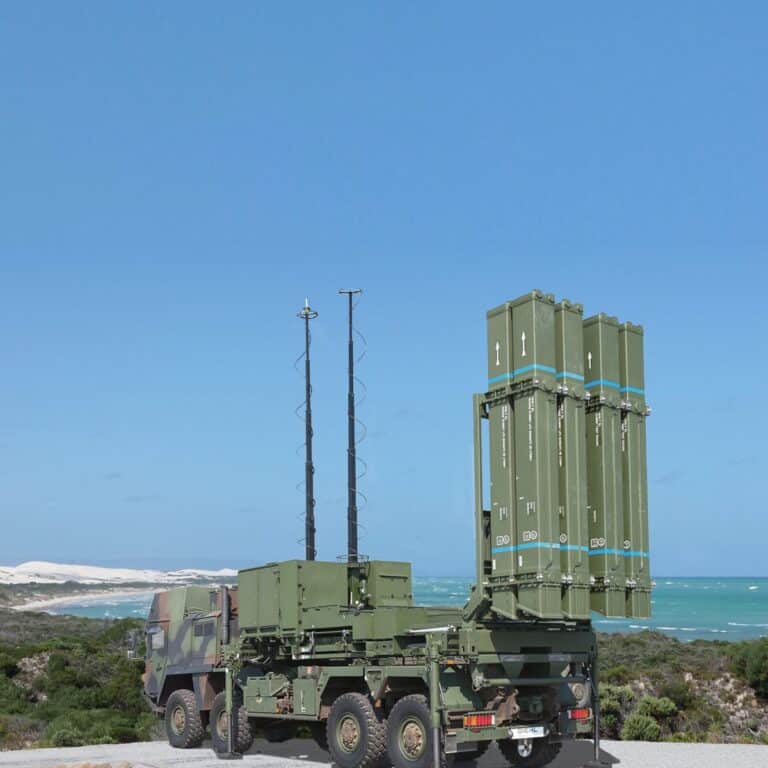Starting a career in aerospace logistics is an exciting opportunity, but it requires adequate preparation. Over the years, the importance of logistics expertise has significantly increased in the aerospace sector, due to the growing challenges related to the global supply chain. Aerospace logistics experts are responsible for effectively managing the flow of goods, ensuring the transportation of critical equipment, and guaranteeing smooth operations. This article reveals the key steps to becoming an aerospace logistics expert, including the necessary training, certifications, and advice for navigating this dynamic field.
Table des matières
ToggleUnderstanding the Role of an Aerospace Logistics Professional
The aerospace logistics professional plays a crucial role in managing and organizing complex logistics operations related to aircraft. As an expert, they work with companies such as Air France, Boeing, Airbus, as well as delivery companies like DHL and FedEx, creating synergies to optimize supply chains.

Tasks and Responsibilities
The tasks of logistics professionals in the aerospace sector vary depending on the companies and contexts. Here are some of their main responsibilities:
- Supply Planning: Assessing the needs for spare parts and equipment for air operations.
- Inventory Management: Ensuring that the right parts and equipment are available at the right time, avoiding overstocking and shortages.
- Transport and Distribution: Organizing air and ground routing to deliver goods to the right destinations.
- Logistics Coordination: Collaborating with various stakeholders, including suppliers, carriers, and airport authorities.
The Qualifications Needed to Succeed in Aerospace Logistics
To excel as an aerospace logistics expert, specific qualifications are required. A solid academic background, combined with practical experience, is essential. Candidates may consider obtaining relevant degrees and certifications. Training options include:
Academic Training
The educational levels required to work in aerospace logistics can vary. Here are some pathways:
| Education Level | Degree or Training | Examples of Institutions |
|---|---|---|
| Bac+2 | BTS Transport and Associated Logistics Management | Technical high schools, IUT |
| Bac+3 | Professional License in Logistics | University of Paris, University of Toulouse |
| Bac+5 | Master’s in Logistics Management | Business schools, Specialized universities |
Professional Certifications
In addition to formal education, professional certifications enhance the credibility of logistics professionals. Among those recognized in the industry:
- Certified Supply Chain Professional (CSCP) by APICS
- Certified International Supply Chain Professional (CISCP)
- Certified in Logistics, Transportation and Distribution (CLTD) by APICS
Gaining Practical Experience
Gaining experience is essential for advancing in the field of aerospace logistics. Internships and entry-level jobs at companies like Kuehne + Nagel, Tarmac Aerosave, or even FedEx provide excellent learning opportunities. Practical experiences allow understanding the supply chain and acquiring the necessary skills to manage daily logistics operations.
Importance of Internships and Field Learning
Internships in logistics allow for:
- Acquiring valuable skills in inventory and transportation management.
- Understanding air routing processes and the importance of accuracy in the logistics chain.
- Building relationships with industry professionals and developing a network of opportunities.
Preparing for the Certification Exam
Once you have completed your training and gained experience, it is essential to prepare for the exam to become a certified logistics professional. This requires a strategic approach and rigorous study of the recommended materials. Various resources can be utilized, such as:
Effective Preparation Methods
To prepare effectively, it is crucial to:
- Study relevant guides and materials: Familiarize yourself with the content and format of the exam.
- Participate in preparation courses: Offered by certification organizations, allowing you to deepen your knowledge.
- Take practice tests: This can help identify gaps and prepare for the actual exam.
Staying Updated in an Evolving Sector
The aerospace logistics sector is constantly evolving, driven by technological innovation. Therefore, it is important for professionals to continue their education and attend seminars or conferences on aerospace logistics, staying informed about new trends such as new transportation technologies.

Strategies for Continuous Professional Development
Aerospace logistics professionals must engage in continuous learning to ensure their competitiveness. This can include:
- Attending conferences: Those focused on supply chain and logistics innovation.
- Joining professional associations: Such as the French Supply Chain Association.
- Taking continuing education courses: To stay updated on new certifications and methods.
Aerospace logistics experts play a vital role in managing operations, ensuring that everything runs smoothly in this highly regulated and complex sector. By following these steps to become a certified professional, it is possible to build an exciting and rewarding career in a field that continues to grow.






















